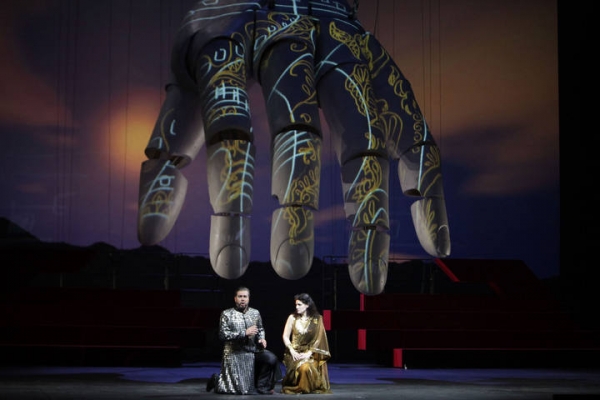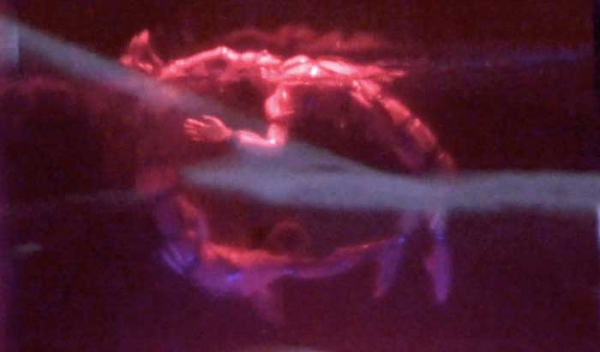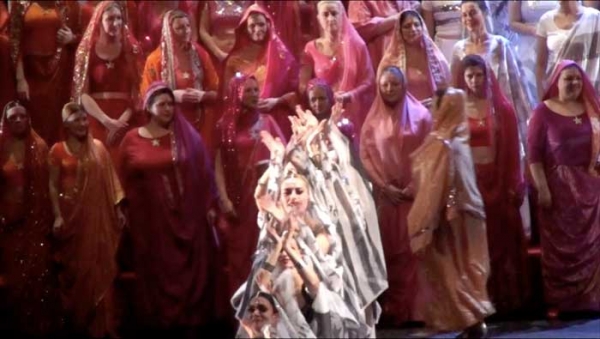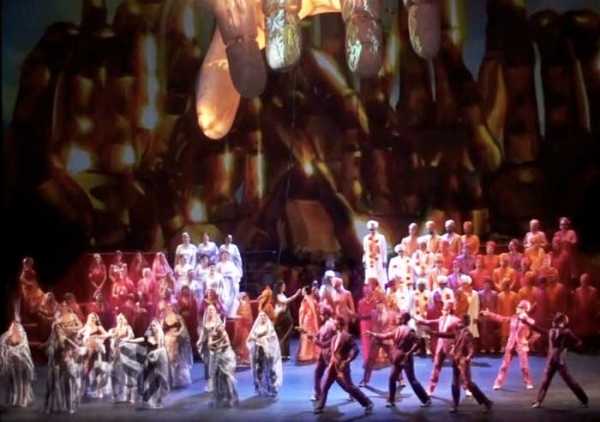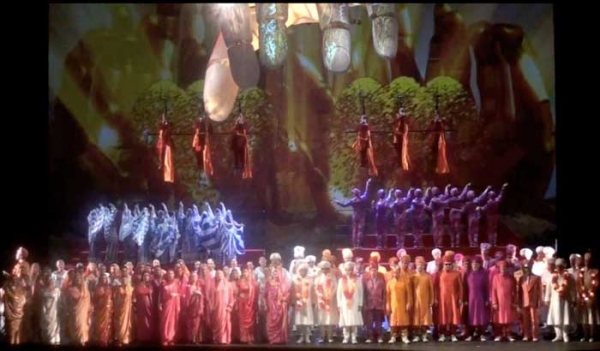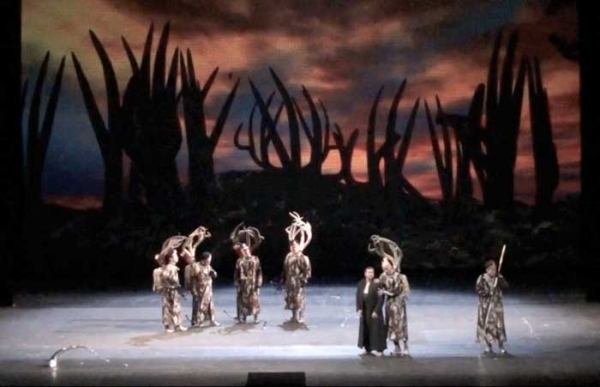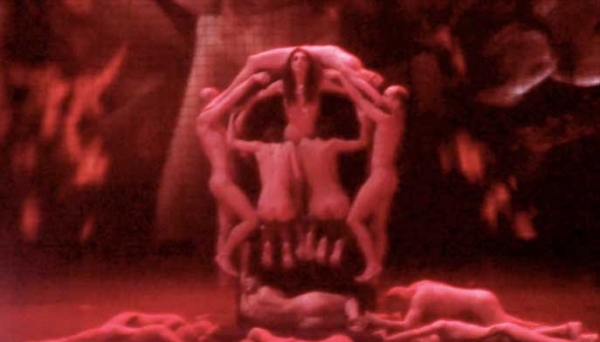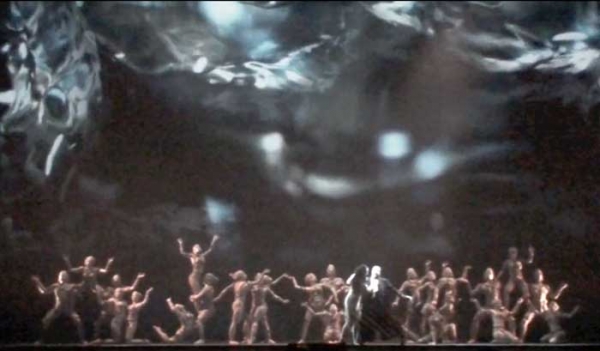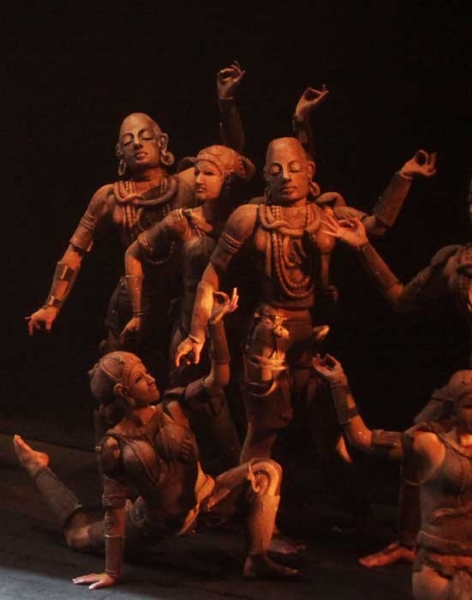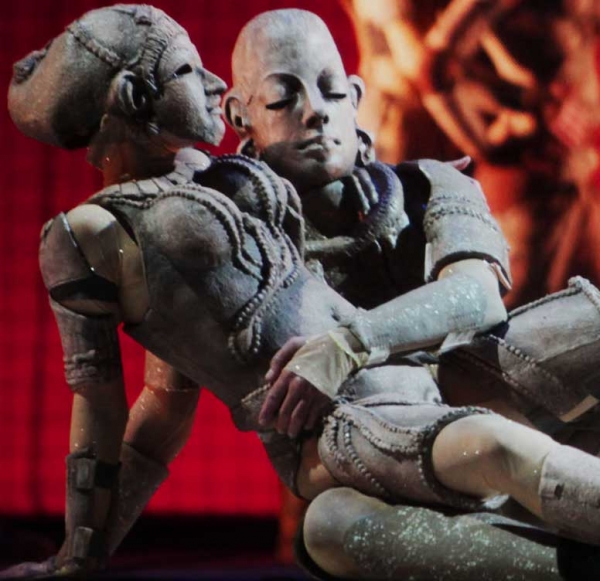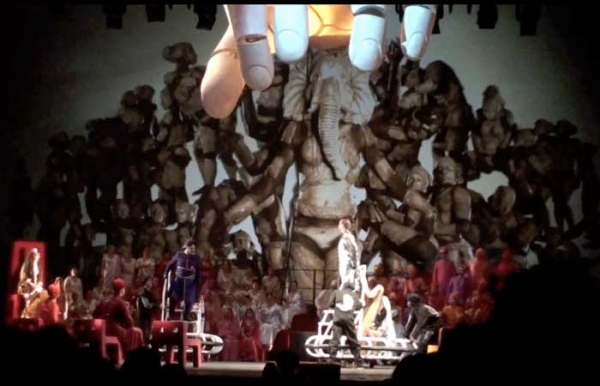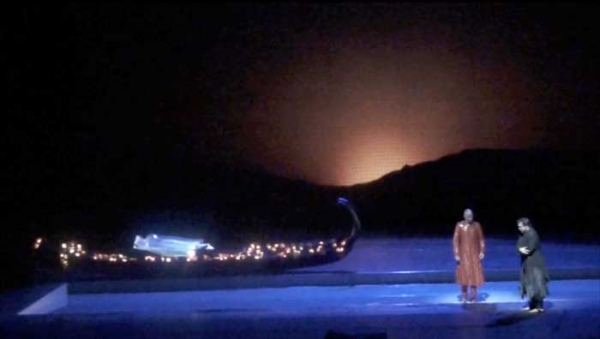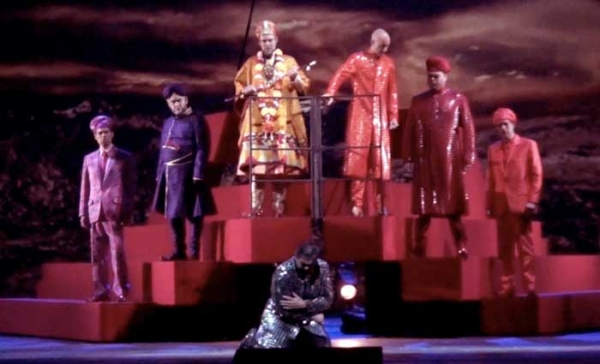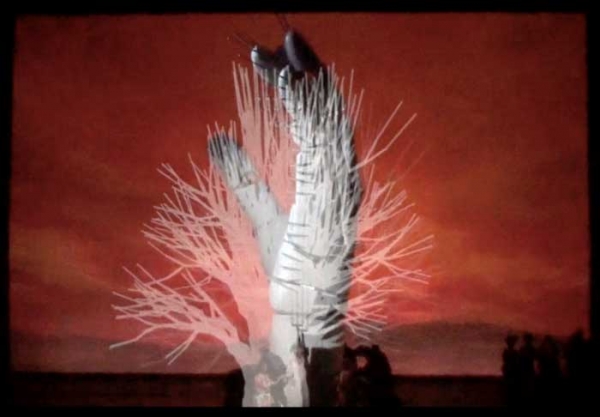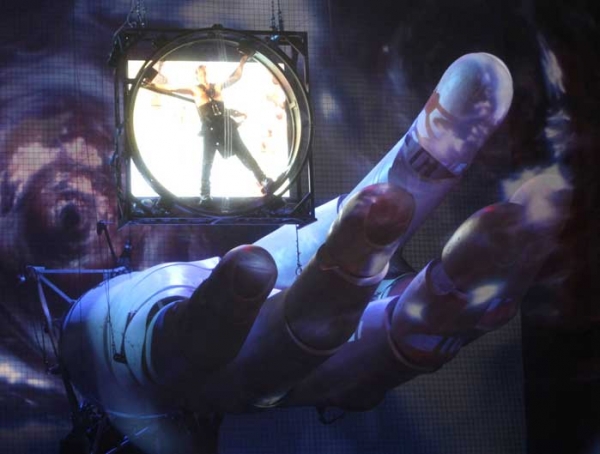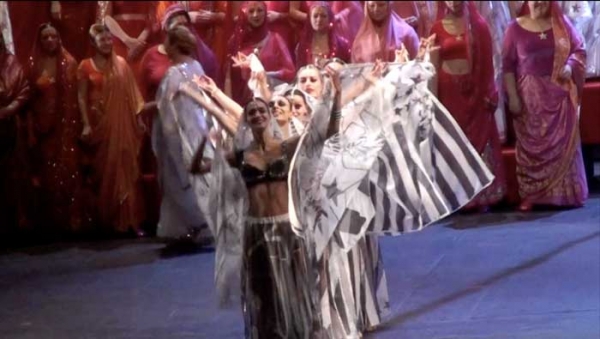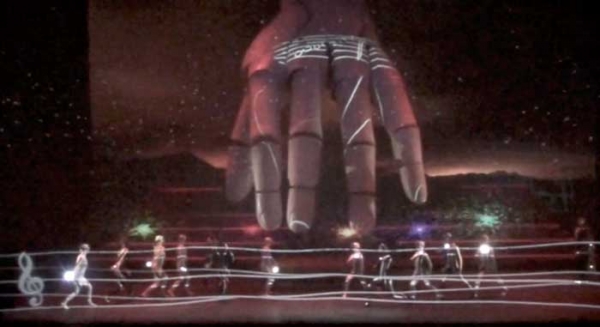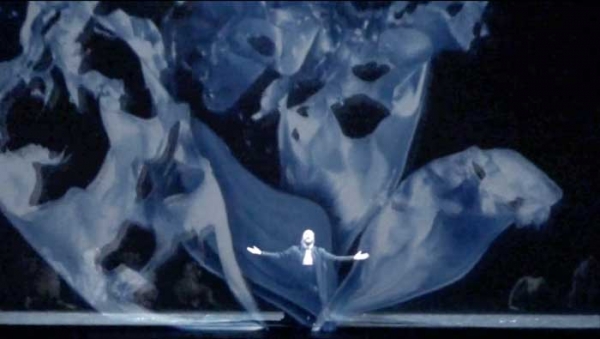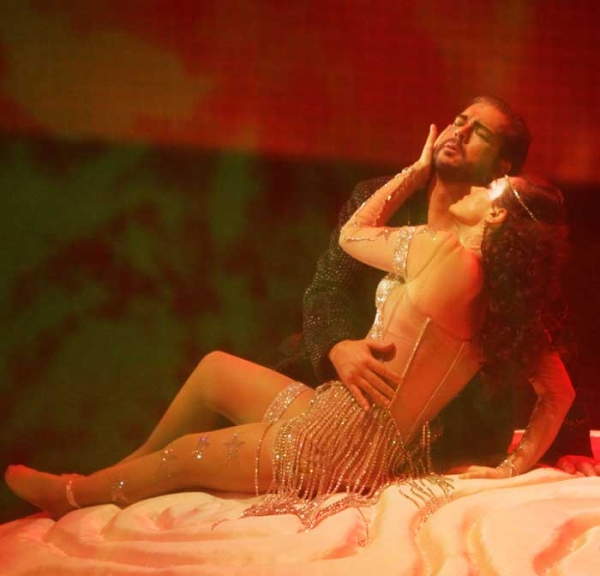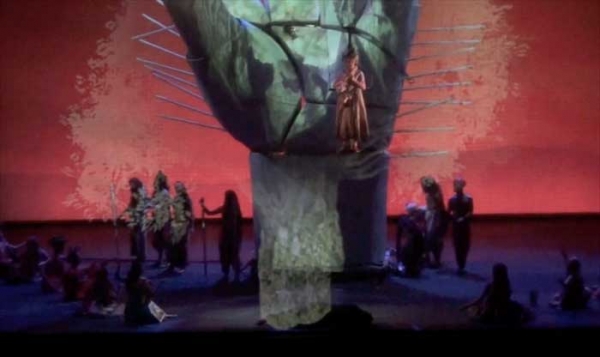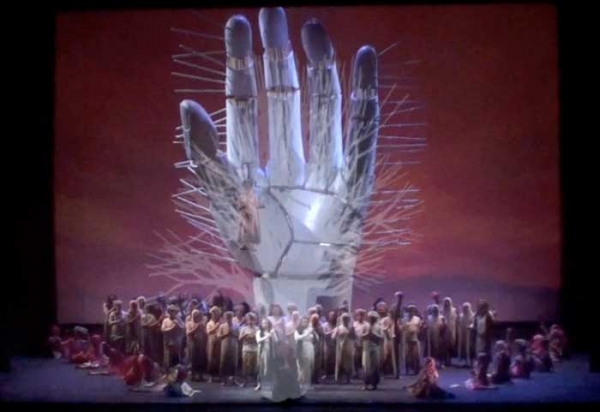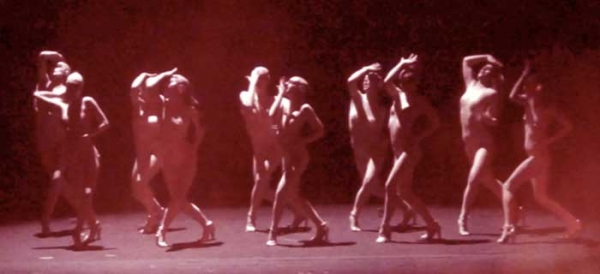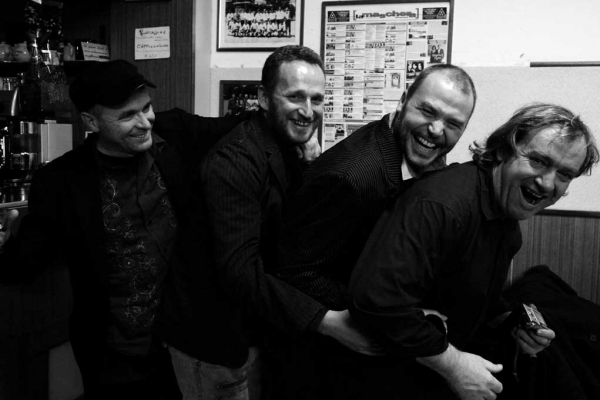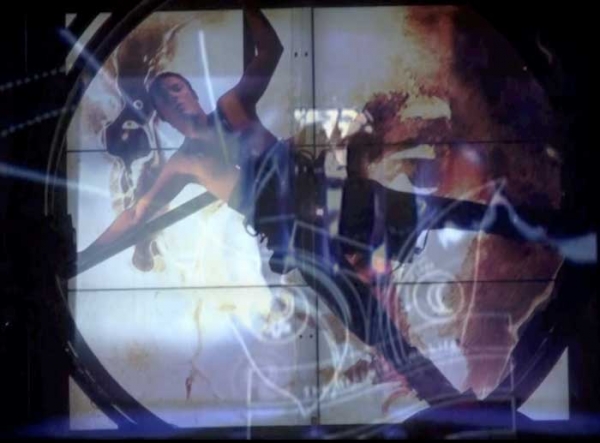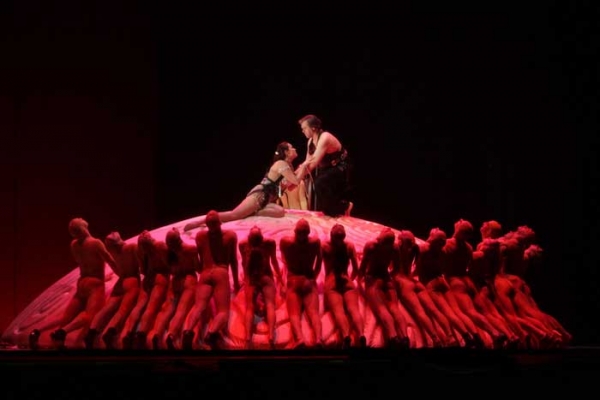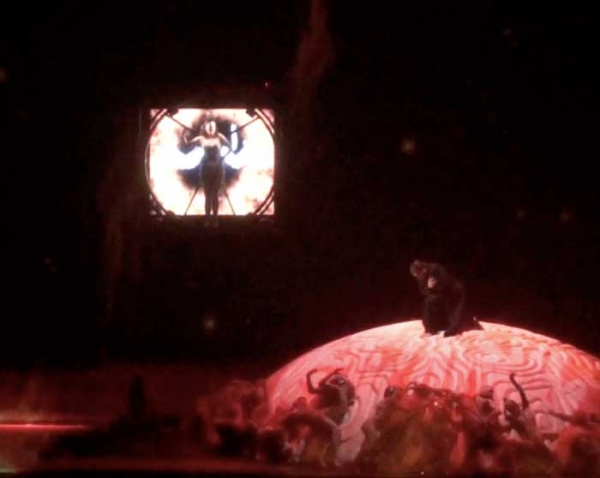Paris version
Approximate length:
Act I: 1 hour 20 min.
Act II: 1 hour and 5 minutes.
Act III: 52 min.
Act I
Scene I
The first scene of the opera, which connects non-stop with the overture, is in the
Venusberg grotto (within the Hörselberg of Eisenach) and constitutes a wild bacchanal on where they develop the musical motifs of Venusberg heard in the overture. It begins with a picture of seduction and erotic debauchery in which a procession of bacchanalian pleasure incites young couples and nymphs. Is followed by a dance of satyrs and fauns to the frenetic pace of the castanets, which bind to the Bacchae and amorous couples. Following the intervention of the three Graces and Cupids, the atmosphere quiet and listen to the distant chorus of sirens “Naht euch dem Strande” inviting to come there to enjoy the love.
Scene II
The action is set in the same place; Tannhäuser wakes suddenly from a
Venus dream and asked about his thoughts. The Minnesänger confesses he misses the simple joys of his former life. Encouraged by the goddess, accompanied by harp sings the first two stanzas of the hymn to Venus Dir töne Lob “, which adds the final request to let him go. That request upsets Venus displays her charms to convince him to stay in “Geliebter! komm! “with an ethereal background of violins and flutes. Tannhäuser is determined to go and raise the tone of his appeal now accompanied by full orchestra, this provokes angry Venus prophesied in Zieh hin, Wahnsinnige “that if he goes back to her humiliated …

